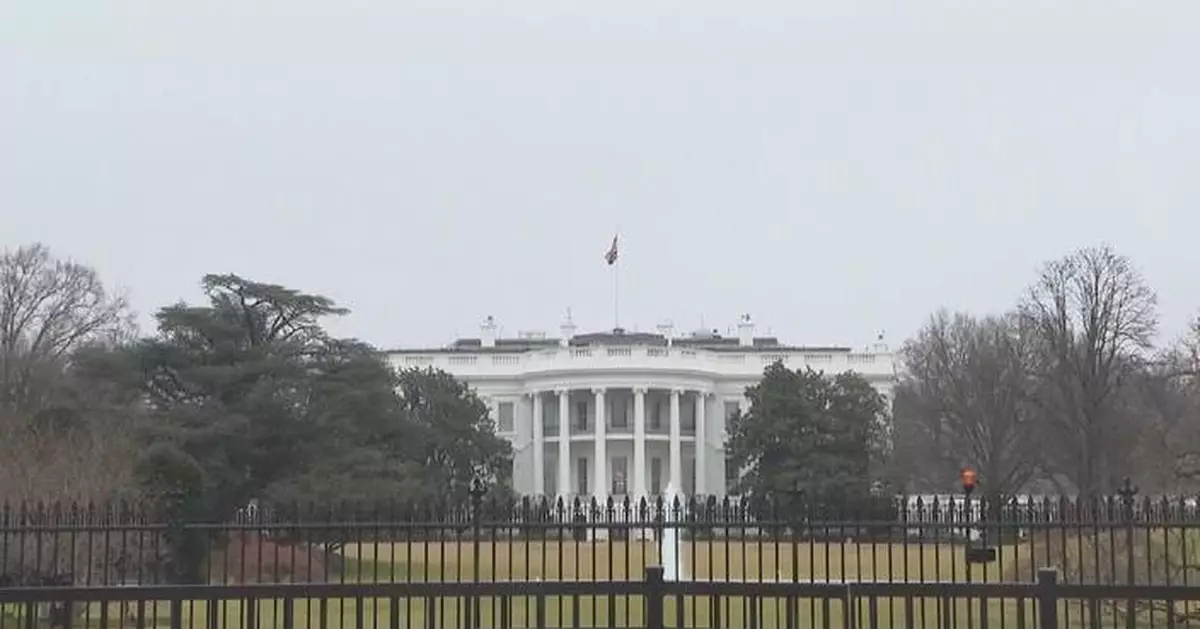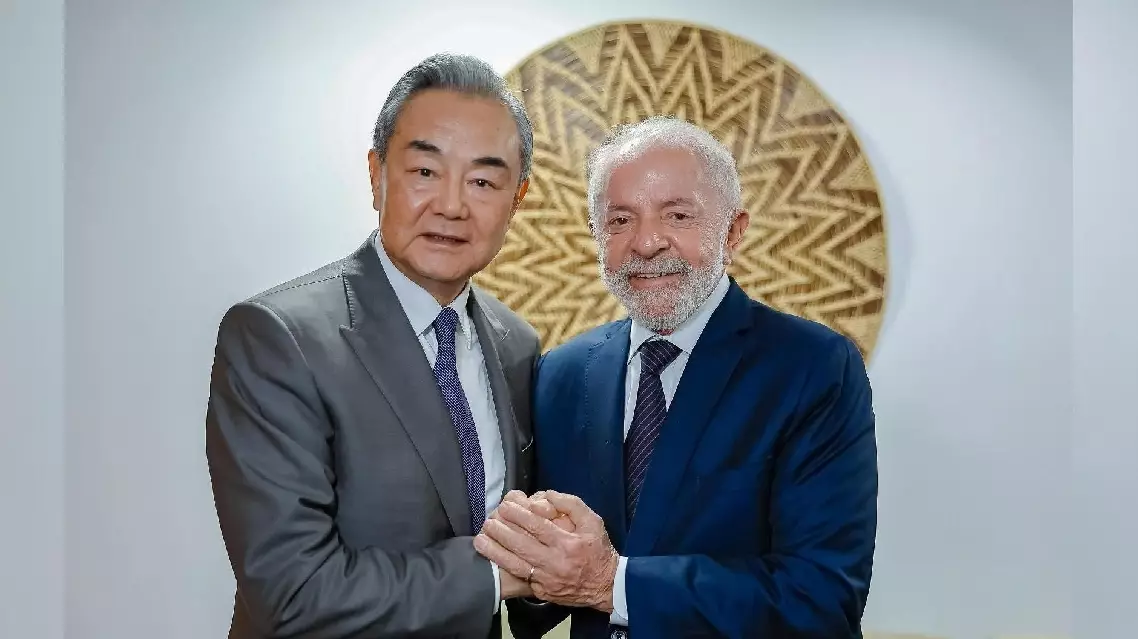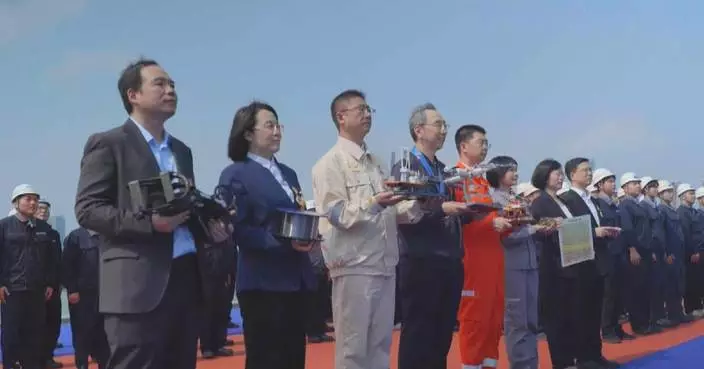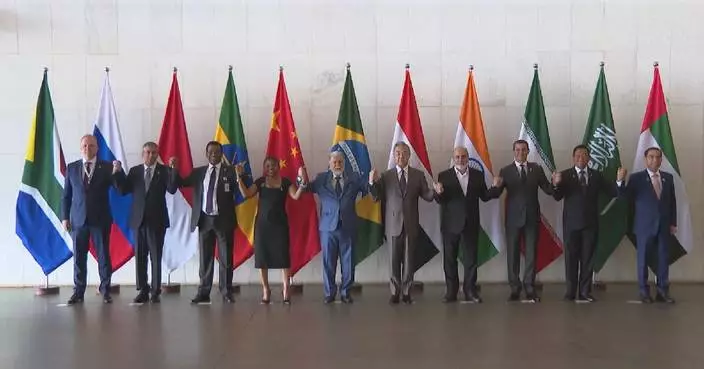The so-called "reciprocal tariffs" introduced by the United States have encountered significant global criticism since they were first announced last week, with national leaders and economic experts from various countries asserting the policy undermines both U.S. interests and that of its trading partners.
U.S. President Donald Trump signed an executive order last Wednesday imposing a 10-percent "minimum baseline tariff" on all imports before unveiling higher rates on certain trading partners.
After several days of chaos on the global financial markets, Trump on Wednesday suddenly announced a 90-day pause of the higher tariff rates to all countries except China, to whom he declared he was raising the tariff rate to a staggering 125 percent.
Australian Prime Minister Anthony Albanese remarked on Thursday that the U.S. tariff policy represents "an act of economic self-harm" and added it is "doing harm to the United States."
French Finance Minister Eric Lombard on Wednesday expressed concerns that the U.S. tariff policy will result in slower economic growth and increased prices within the U.S., while the governor of the Bank of France, Francois Villeroy de Galhau, also stated that the U.S. is effectively punishing its own economy through the imposition of unilateral tariffs.
Czech President Petr Pavel also took a dim view of the Trump administration's use of tariffs, noting that they benefit no one. Economists have also been roundly critical of the approach taken by Trump. Martin Wolf, chief economics commentator of the Financial Times, said that the tariffs will result in a decrease of U.S. imports as well as U.S. exports. The deficits, determined by income and spending, will remain roughly unchanged, he noted, adding that the world will just end up poorer.
There has also been strong domestic criticism of the policy, with a report by U.S. banking giant JPMorgan warning there is a 60 percent chance of recession in the U.S. and globally, even after Trump announced a 90-day pause on most tariffs on Wednesday.
The report also noted that the country's ongoing policy chaos on trade and domestic fiscal matters have hampered the confidence of investors.
Justin Wolfers, a professor of economics and public policy at the University of Michigan, said that Trump has a fundamental misunderstanding of how trade works, arguing that more domestic manufacturing does not necessarily mean a better economy.
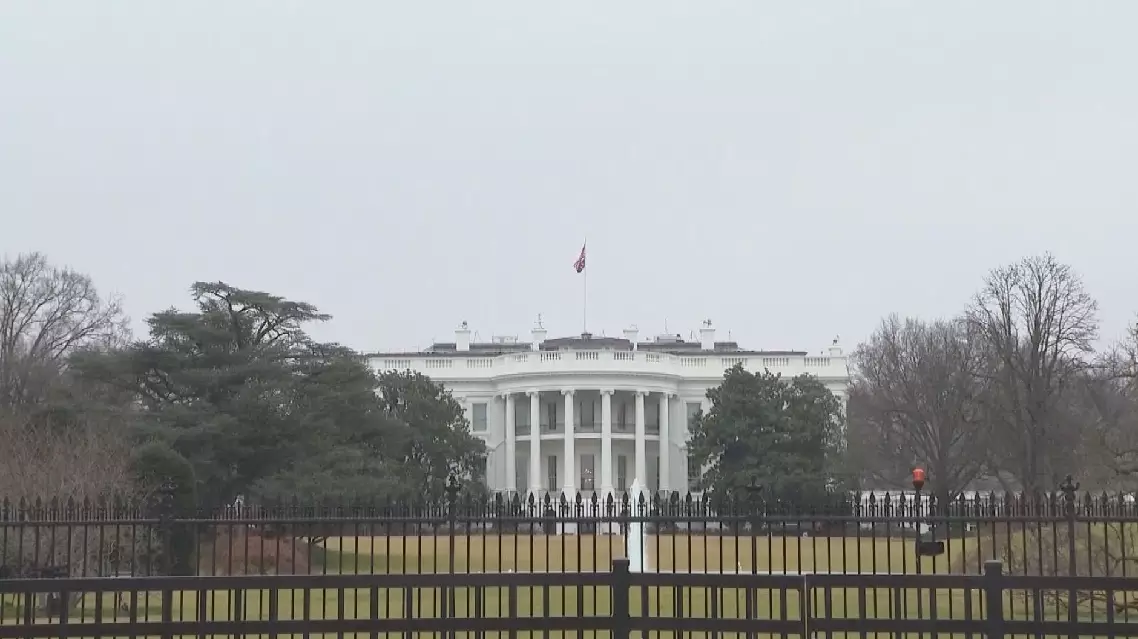
Trump tariff policy criticized globally for damaging US, others' interests
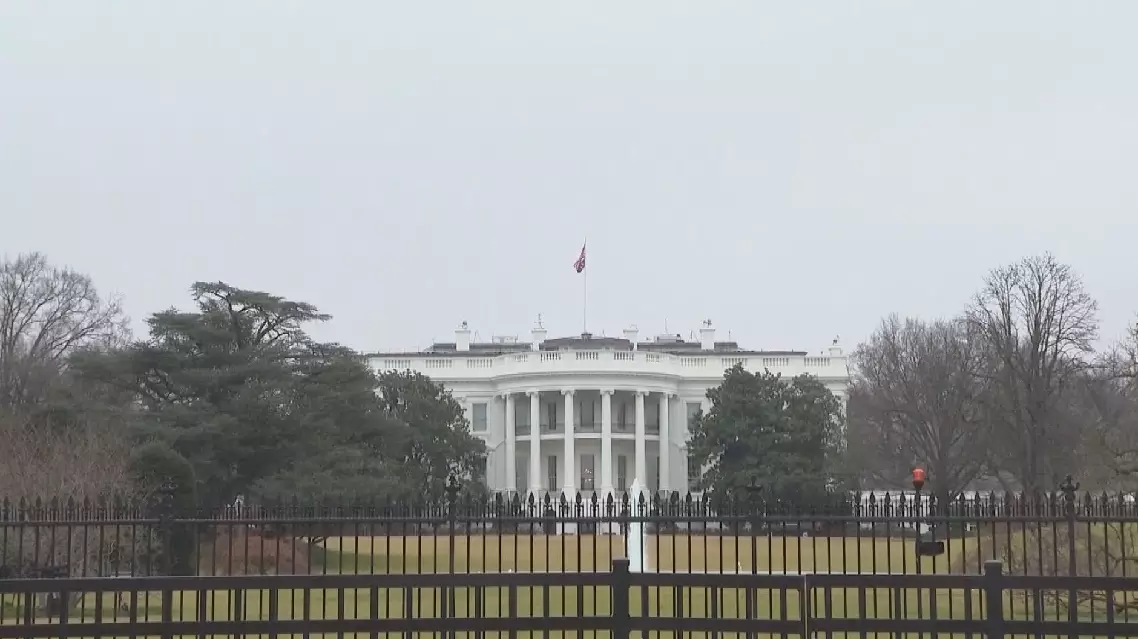
Trump tariff policy criticized globally for damaging US, others' interests


